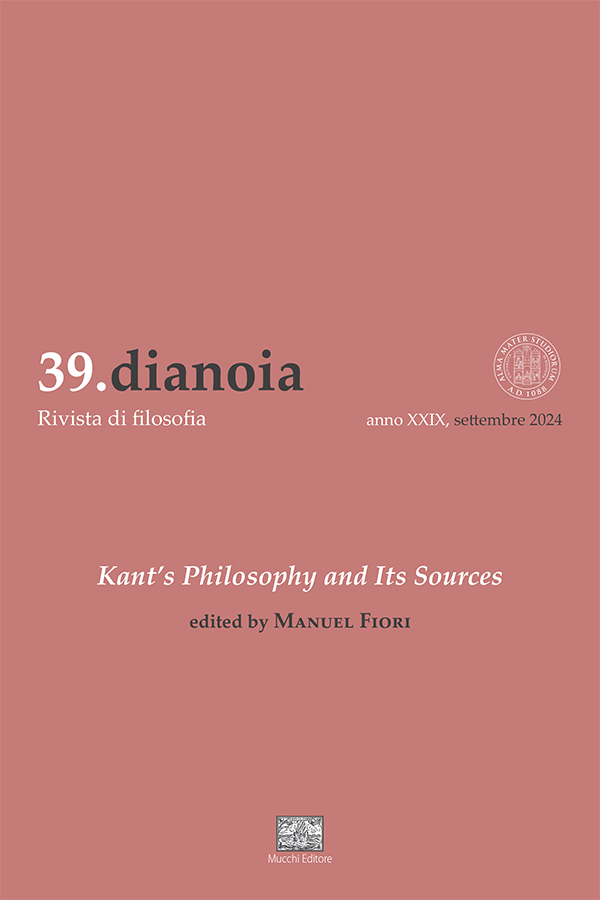Kant holds Newton’s scientific achievement in the highest esteem, but distances himself from Newton’s thought in several respects. As is well-known, Kant rejects Newton’s view of space as absolute; this rejection may explain the absence of Newton from Kant’s most prominent discussion of physics’ attainment of the “sure path” of science. Kant also charges Newton with failing to own up to his own metaphysical commitments regarding the immediacy of attraction and the necessity of attractive force for matter. Kant characterizes Newton’s view of space and his matter theory as “mathematical”, in contrast to the “metaphysical” approach Kant favors. These labels can be traced to the Leibniz-Clarke correspondence, and Kant appears more firmly committed to his approach in the case of space than of matter. Finally, Kant’s engagement with Newton is shown to predate his Critical writings and to extend to Newton’s optical and mathematical writings.
Keywords: Kant, Newton, Space, Matter Theory, Hypotheses.

